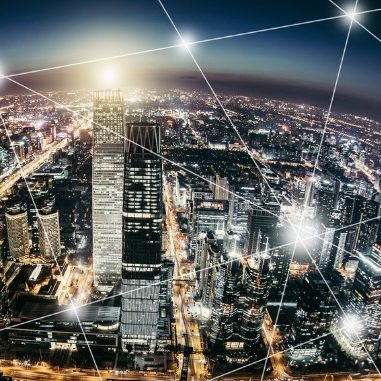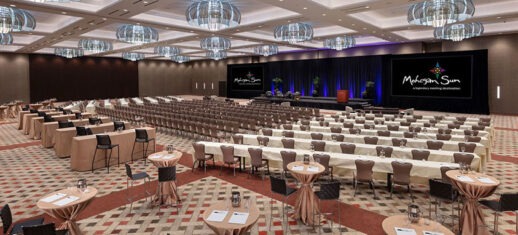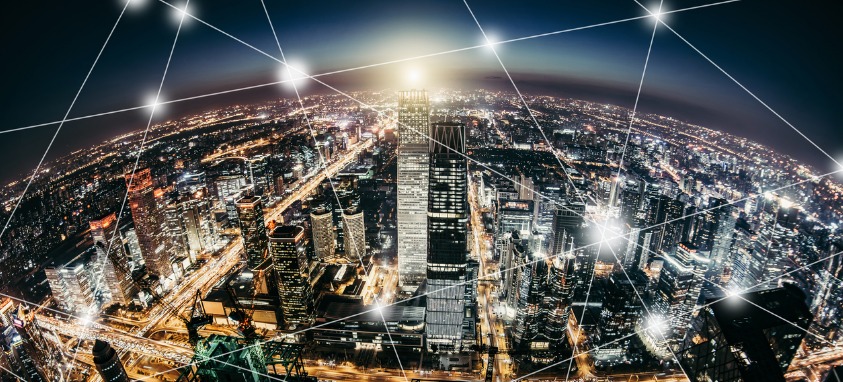
The Internet of Things (IoT) has long been heralded for its power to increase productivity and decrease labor costs by connecting everyday objects with each other via the internet, but the hospitality industry is turning out to be one of the early beneficiaries of what GE is calling The Third Wave of Innovation.
Jeff Sobieski, CTO of Telkonet, the EcoSmart Automation Platform that creates a guest experience that intelligently responds to usage and preferences while reducing energy consumption and improving facility management capabilities, says “IoT has the power to increase guest satisfaction, decrease unnecessary costs and labor and increase productivity.”
More: Could High-Tech Hotels Lead to Increased Hospitality Strikes?
For example, a smart energy management system knows when a guest room is unoccupied and can automatically adjust the temperature to reduce energy consumption by as much as 20-45 percent. That could be just the beginning.
Five IoT Trends in the Hospitality Industry
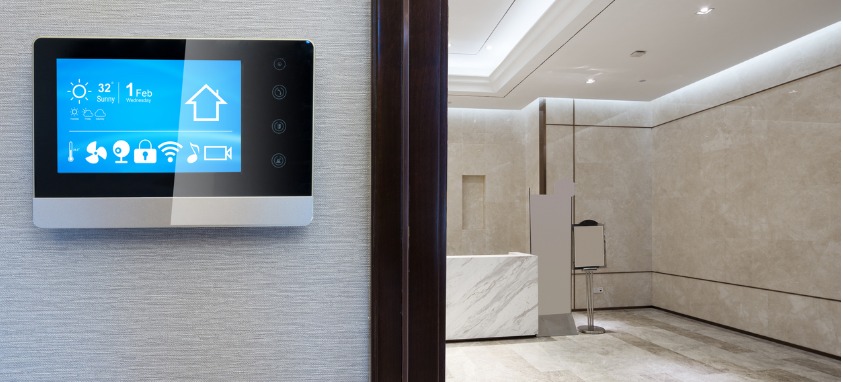
1. Guest-Room Automation
This is one way hotels differentiate themselves. By keeping up with smart home technology, they can help guests feel comfortable and make accommodations for their needs. For example, Starwood Hotels & Resorts utilized a technique called “daylight harvesting” to save energy and increase indoor lighting consistency by automatically adjusting the LED lighting based on the natural light detected coming into the room.
2. Predictive Maintenance
This next step in preventive maintenance uses sensor data to recognize hazardous trends and alert the appropriate maintenance engineer before the issue escalates.
3. Mobile Engagement
Today, there are almost as many cell phones (6.8 billion) as people on the planet (7.6 billion), with over 85 percent of the world’s population connected to cellular coverage. Mobile can be seen as a front and back-of-house application. Guests can use their phone as the key to their room or for submitting requests to the front desk. Mobile engagement can also connect with Enterprise Asset Management and Computerized maintenance management Software applications. Engineers can access work requests that need to be performed on the property to increase guest satisfaction, eliminating the need for a paper request.
4. Hyper-Personalization
Personal data can be used to provide a special touch to hotel guests and make their stay special. For example, an IoT platform could, over time, memorize a guest’s specific comfort preferences and automatically set up temperature, lighting and TV channels for their stay.
5. APIs and Third-Party Integration
As the IoT market matures, vendor consolidation will likely occur, creating a smaller number of vendors with more cohesive system offerings. Until then, integration will provide work for many, and APIs (Application Programming Interfaces) will be the lifeblood of an integrated IoT system.
The Dark Side of Hotel IoT
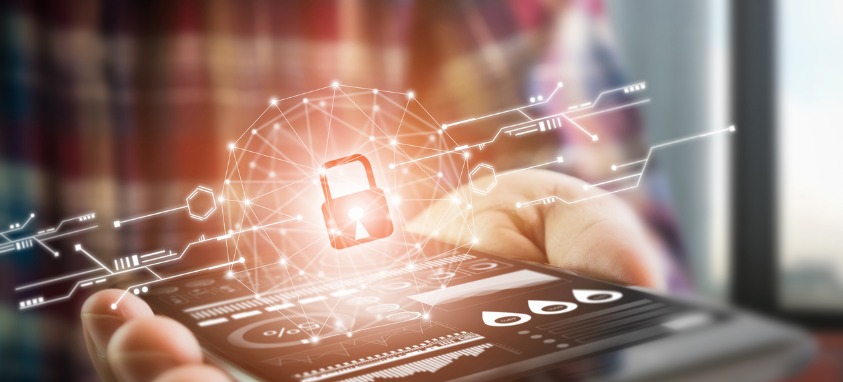
Bringing everyday devices online and connecting them to each other introduces enormous efficiencies, optimizations and applications. But, it also introduces threats like cyber-attacks and security breaches.
Each device incorporated into a hotel’s digital infrastructure can be exploited by hackers. For example, there was a case in a hotel casino in London where a hacker accessed the high-roller database through a thermometer in the lobby fish tank.
More: Future-Proof Your Career
The attackers used the thermostat to get a foothold in the network, found the high-roller database and pulled that information across the network, out the thermostat and up into the cloud.
Now, is this a potential extreme case of what could happen? In fairness, yes, but it shows that it is possible because of all the connected devices that are in the vicinity, i.e. thermostats, refrigeration systems, HVAC systems and Alexa devices.
That being said, one incident shouldn’t lead hotels to fear IoT in hospitality or all together. IoT is the way of the future and it’s unavoidable. Rather, it should push hospitality professionals to think about how they can take advantage of the immense benefits of IoT and get ahead of the vulnerabilities. It’s a way to increase customer satisfaction and be ahead of the competition while still preparing for the worst situation that could happen.
Kelly Potter is a Tampa, Florida-based marketing associate for Transcendent Corporation. She has written hundreds of blogs focusing around EAM CMMS technology and the use of these solutions within facilities around the world.
